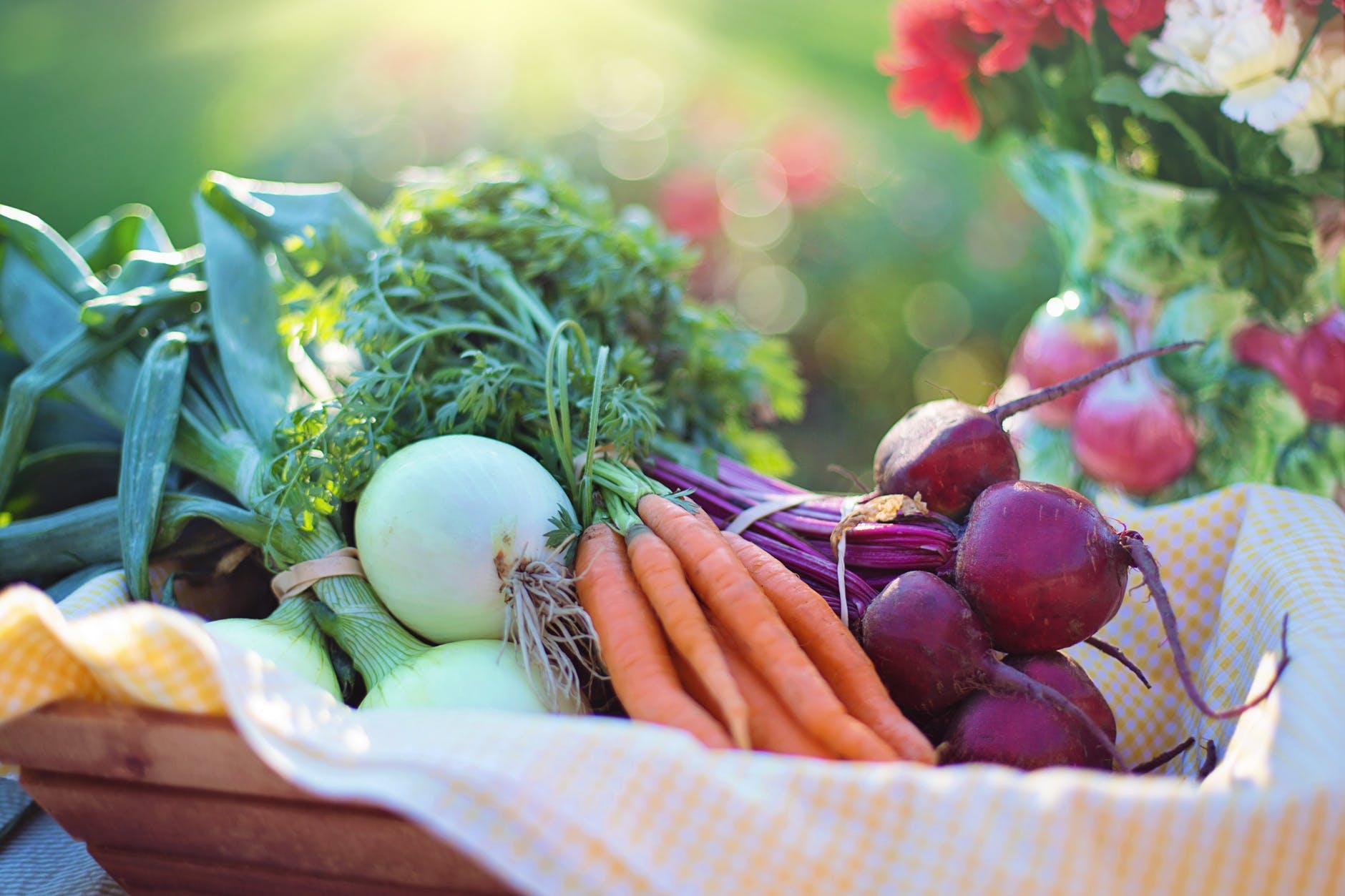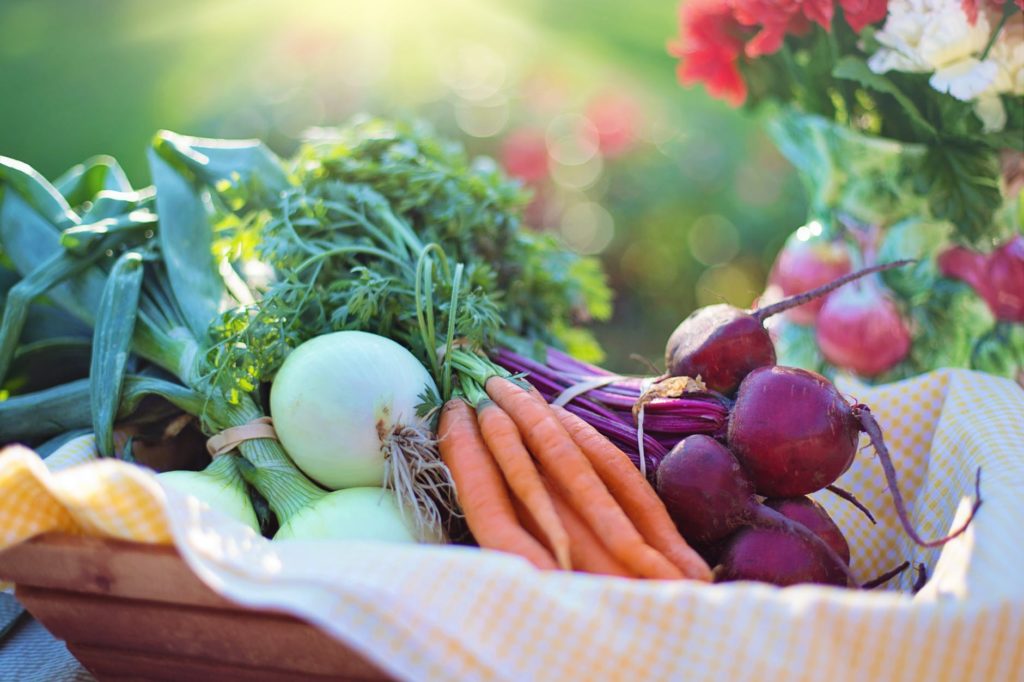

With increasing health concerns regarding the use of harmful pesticides and production of genetically modified crops, a lot of people are currently more concerned about how safe vegetables sold in grocery stores and supermarkets are. Growing your own organic vegetable garden can be beneficial since it allows you to easily access fresh produce, save money, minimize exposure to harmful chemicals and more. If you want to start your own organic vegetable garden and don’t know where to start, here are a few tips that will help you grow a great organic vegetable garden.
1. Feed Your Vegetables Naturally
Although fertilizers will help your vegetables grow quickly and produce high yields, they are not necessary in most soils. If you want to feed your vegetables, use natural products such as animal manure from chickens, sheep, horses or rabbits or buy pre-packaged organic products. If you need more information regarding vegetable gardening products such as fertilizers, manure and seeds, check mygardeningnetwork.com. You will also find gardening product reviews, tools, soil types, sustainable practices and more general information about gardening there.
2. Practice Mulching
Mulching helps suppress the growth rate of weeds, conserves water and cools down the roots of your plants. It also minimizes the spread of fungal diseases from crop to crop. For your organic vegetable garden, use mulch straws that are seed free. A seed free mulch creates a nice layer which can be easily swept aside during planting. Spiders also love to hide in the straws while feasting on pests. The mulch will work best if it’s between 1-2 inches thick.
3. Regularly Water Your Vegetables
Just like sunlight, water is vital for growth. Rains are usually unreliable, so you can use drip irrigation to water your plants. Avoid using a sprinkler because when vegetable leaves are wet, particularly in the afternoon and in the evening, they tend to easily attract diseases.
4. Do Not Jam Your Crops
Although jamming is good when you want to get the most out of your garden, it can lead to congestion. Do not plant your vegetables very close to each other. Space them for optimal airflow, this will help to prevent the spread of fungal diseases.
5. Plant Rotation
Planting the same type of vegetables in the same garden spot each year leads to disease build up and your crops will easily get attacked before they can even grow or mature. Practice plant rotation by planting your vegetables in different parts of your garden every year. Avoid planting closely related vegetables together since they are usually affected by same pests and diseases.
6. Constantly Weed and Keep Your Garden Clean
Weeding helps save a large number of crops since weeds attract pests while competing with plants for nutrients and water. Keep your garden clean by cutting off infected leaves and pick up foliage so you can reduce the spread of pests and diseases.
Although vegetables do not require as much care as ornamental plants, the yield will be much lower if they are neglected. If you want to get the most out of your crops, constantly tend to them and make sure they are healthy if you want to maximize yields.


